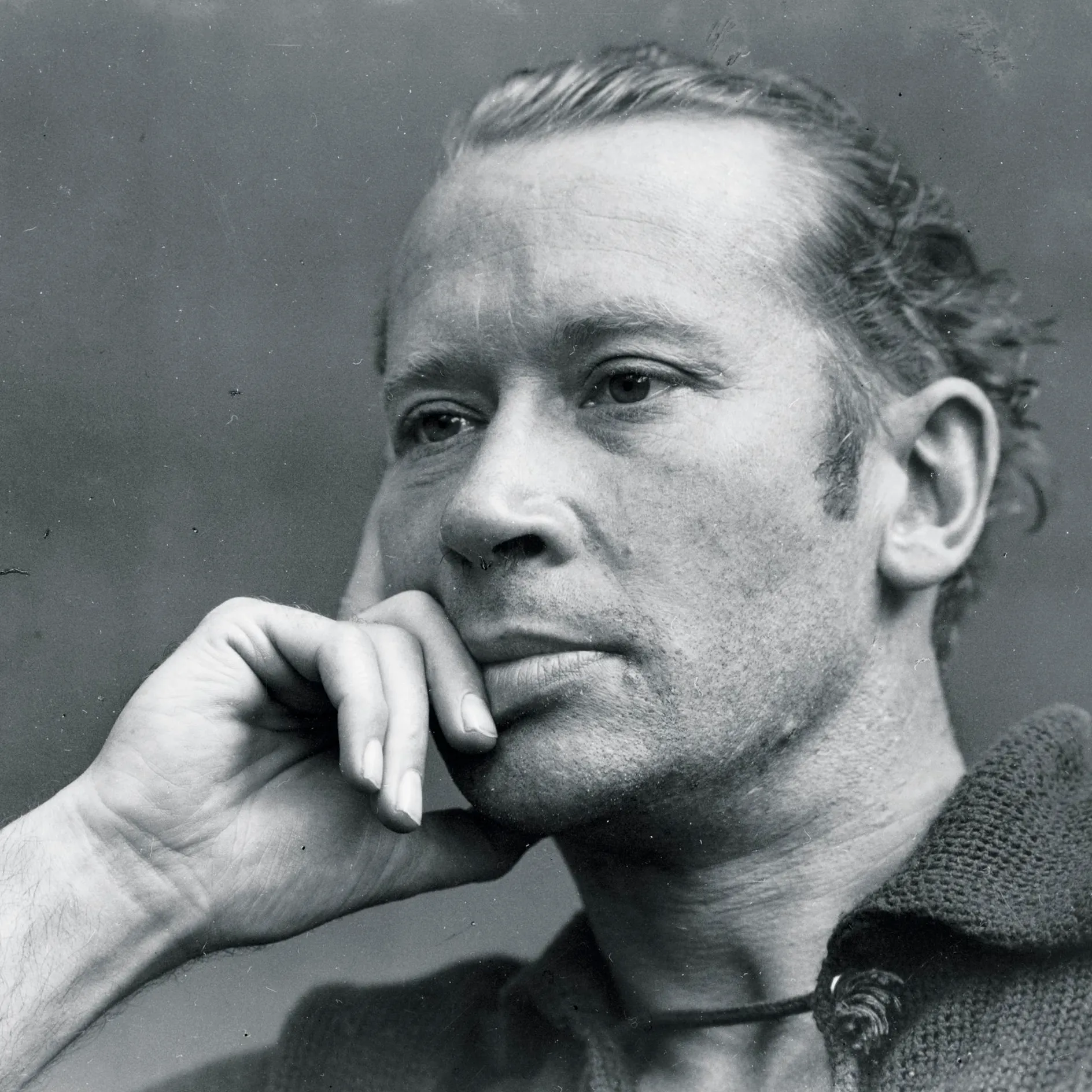maggie and milly and molly and may
went down to the beach(to play one day)
and maggie discovered a shell that sang
so sweetly she couldn't remember her troubles,and
milly befriended a stranded star
whose rays five languid fingers were;
and molly was chased by a horrible thing
which raced sideways while blowing bubbles:and
may came home with a smooth round stone
as small as a world and as large as alone.
For whatever we lose(like a you or a me)
it's always ourselves we find in the sea
Published:
1956
Length:
Shorty
Literary Movements:
Modernism
Anthology Years:
2022
2024
Themes:
Childhood & Coming of Age
Friendship
Joy & Praise
Nature
Poems of Place
Literary Devices:
Alliteration
the repetition of the same letter or sound at the beginning of words appearing in succession
Couplets
two lines of verse, usually in the same meter and joined by rhyme, that form a unit
End Rhyme
when a poem has lines ending with words that sound the same
Simile
a comparison between two unlike things using the words “like” or “as”

